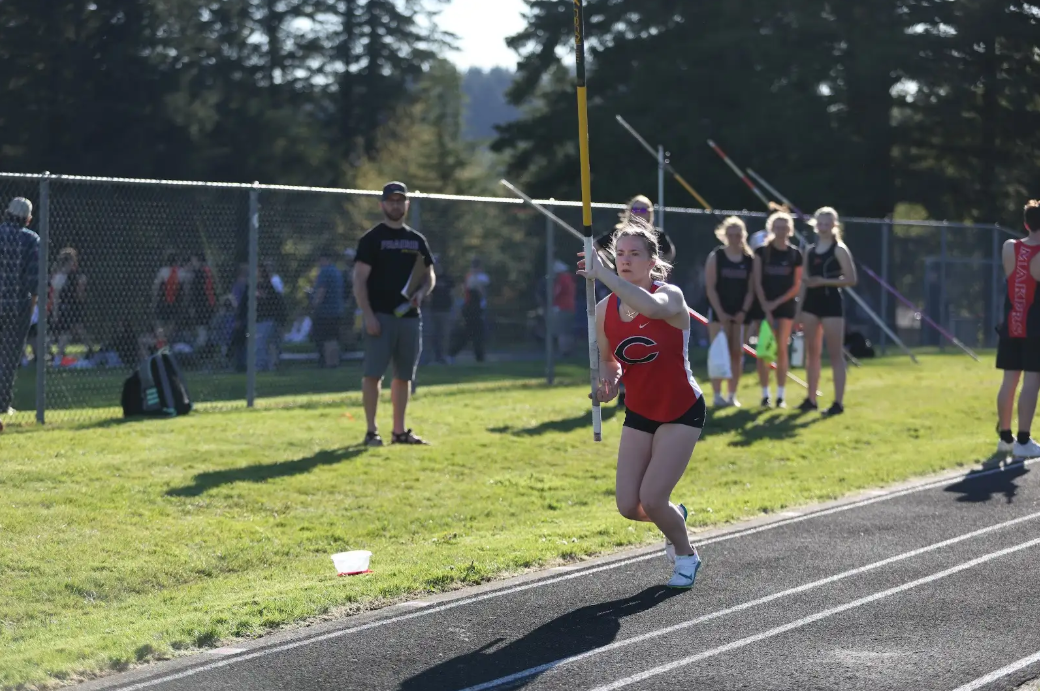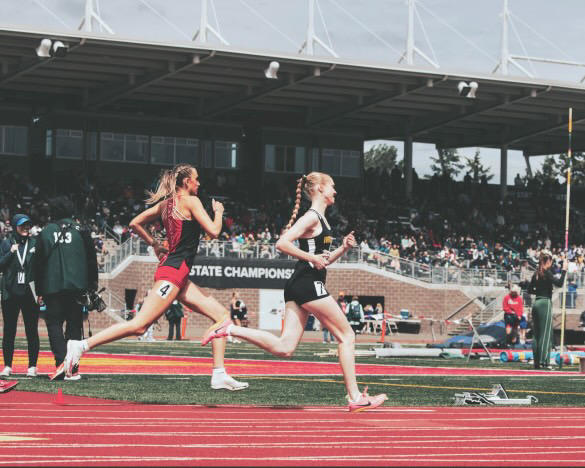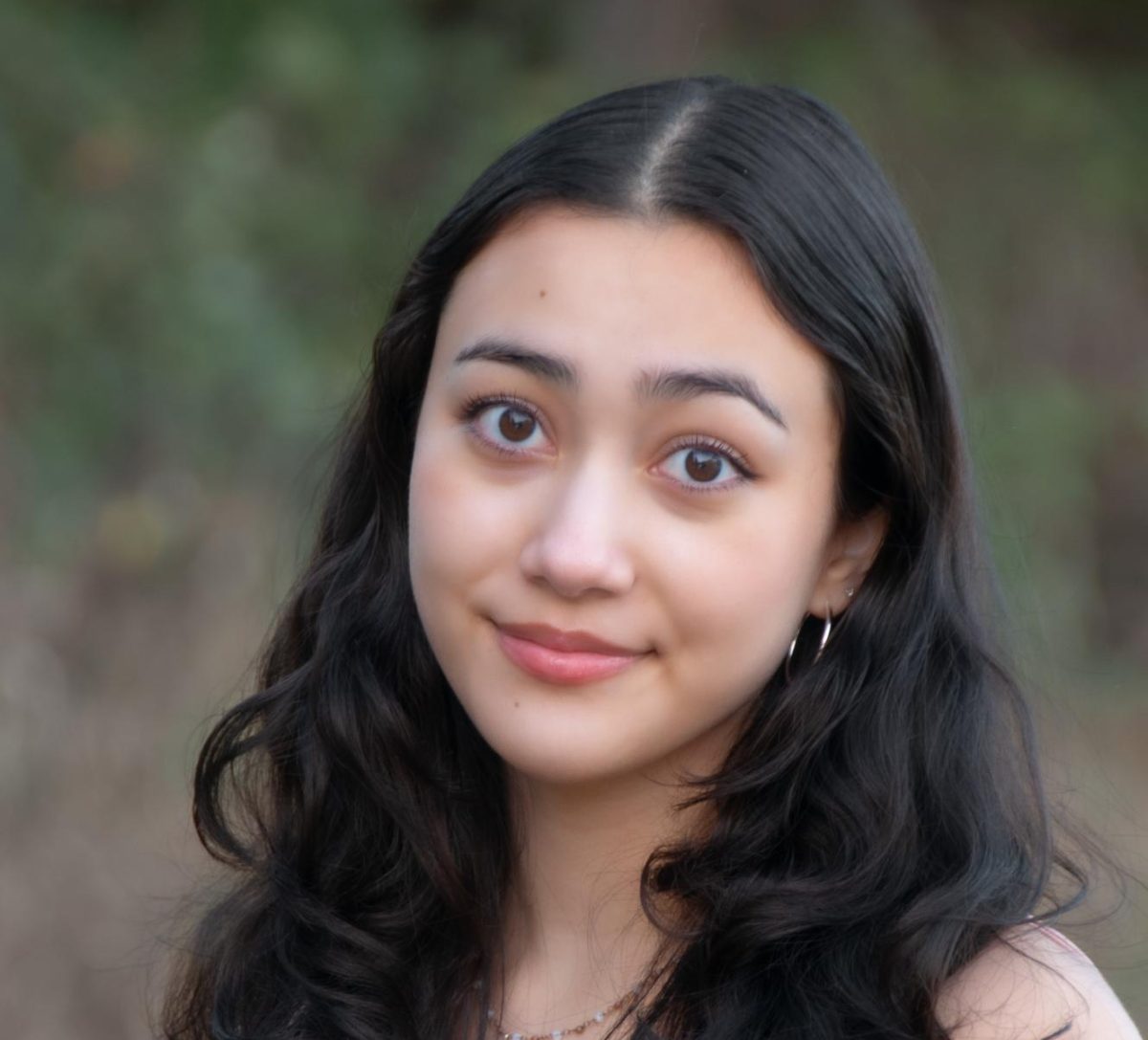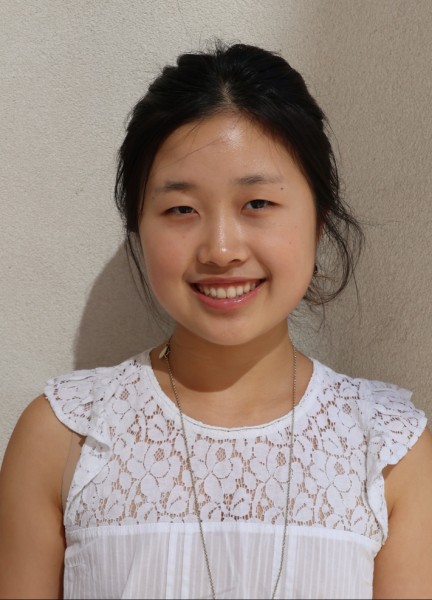Zeynep Yuksel, a sophomore at Camas High School (CHS), is one of the several foreign exchange students at CHS this year. Yuksel arrived in Camas four months ago, from Ankara–the capital of Türkiye.
“[I was attracted to the US through] the popular culture. I like movies; I watch a lot of movies– Old American movies. I really wanted to see what it was like here,” Yuksel said.
The foreign exchange program at CHS is facilitated through Sean Tamura, the Career Information Specialist, who guides students through their new American education. This, in particular for Yuksel, helped establish friendships with the career administrators at the school.
“Zeynep’s been great. She’s very outgoing, but she also has this mellow demeanor to her. She is very willing to participate in a lot of different activities,” Tamura said.
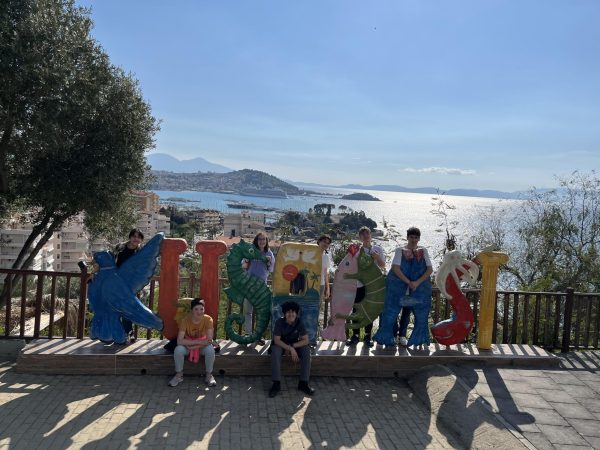
Ever since her arrival, Yuksel has engaged in many extracurriculars and club activities.
“They are unique to the American school,” Yuksel said.
She is currently an active member of Key Club, Green Team, Trail Stewards Club, National Honors Society, Tutor the Youth Club, and is involved in theater work as well.
However, Yuksel mentions that she also faced struggles throughout her journey.
“Even though my English is decent–I could understand and speak– if you go to another country where you do not know the language it’s a big problem because sometimes I can’t understand people and it’s kind of hard to bond and have friends. I don’t feel like I’m actually speaking their language,” Yuksel said.
Language barriers and social engagement are a concern for foreign exchange students and educators alike, as many students find it difficult to assimilate or let others assimilate to their culture.
“I think a big thing with not only just Zeynep, but other foreign exchange students in general is that sometimes it can take them a bit of time to build out their friend group here in Camas High School, and typically, we always prefer to have students who are juniors and seniors, sometimes sophomores. We usually find it difficult to find students with the maturity level when they’re a freshman in high school. Zeynep has shown nothing but maturity,” Tamura said.
Foreign exchange students are also challenged by the contrasting educational systems between their nation and the U.S.. This is the most obvious in terms of extracurricular and non-CORE classes.
“Here [in the US] the volunteering thing is a big deal, but I’ve never heard of volunteering in high school for Turkish students. It’s much easier here because in Türkiye, we have 14 subjects each year and we don’t have any cooking classes [or other CTE classes],” Yuksel said.
This disparity in the education systems is what usually attracts foreign exchange students to American high schools, but it is an obstacle that many must overcome in order to maximize their experience. However, because foreign exchange programs typically range for a year abroad, adjusting back can also be a challenge.
“Typically, a lot of our exchange students, because foreign nations [their curriculums for classes] almost never line up [with classes at CHS], usually students will need to take some extra classes when they get back to their home nation or they may have to take summer school classes,” Tamura said.

Despite these factors, foreign exchange students value studying-abroad in the US for several different reasons, usually pertaining to the “American image” of pop-culture and media.
“They want to visit America because that’s what we all see on social media. I’m sure everyone wants to come here someday. There are a lot of stereotypes about the USA, like that there are a lot of obese people. The school shootings were a popular fact about America [in Turkiye]. Before I came, I watched a lot of [American] crime documentaries and I always wondered ‘how do these people live in those houses [from the movies], with basements and gardens?’” Yuksel said.
Aside from stereotypes, however, educators hope that foreign exchange students in Camas will be able to see the real small-town, local American experience.
“Despite the stereotypes, there is an essence of loyalty and patriotism, at some level, that you can see in how we do things. Coming to football games, they get to see that a whole lot of people show up to the football games that don’t have kids in high school–who are just people from the community. It’s a coming-together of a city,” Rebecca Shaw, a long-term substitute and close friend of Yuksel, said–the two met while Shaw was substituting for Tamura.
“If you invest in that way, it broadens who you are, no matter where you’re from; if you can be present where your feet are,” Shaw said.











